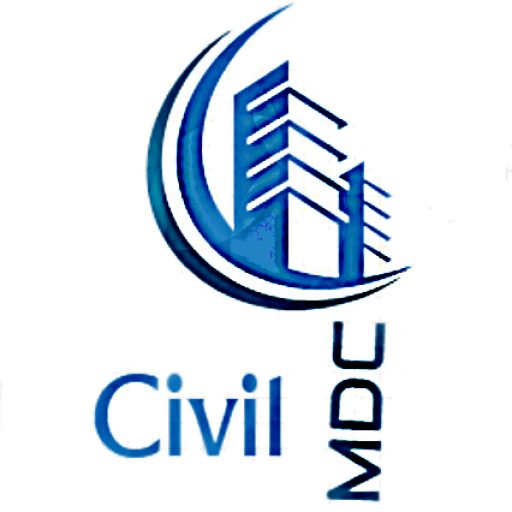Job search strategies
When it comes to finding your dream job within business intelligence, it is important to have a plan and approach that helps you achieve your goals. To this end, there are a number of job search strategies that you can employ to help you succeed in the exciting world of business intelligence, as follows:
- Be selective: Search for the right jobs and roles that interest you on job search sites such as indeed.com, monster.com, ziprecruiter.com, glassdoor.com, careerbuilder.com, and so on. Target specific organizations that you would like to work for. Perform research on the organizations you select in order to know and understand their business. Understanding exactly what you want to do and who you want to work for can help you feel confident about the position and company when speaking to the hiring manager. In addition, demonstrating knowledge of the interviewing organization and role helps your passion for the position come across during interviews, which increases your likelihood of being hired.
-
Get noticed: Maintaining a strong digital presence can be key to landing your dream job. Employers often search for so-called passive candidates, qualified individuals who are not necessarily actively looking for a new job but may be interested if the right job comes along. This means making certain that your social media accounts such as Twitter and professional networking sites such as LinkedIn are updated with your latest skills and achievements and speak to the type of job that interests you.
Check through your social media and professional networking profiles and tailor these profiles with specific keywords that recruiters and hiring managers are likely to search for when trying to find job candidates with your skillset. To identify those keywords, search job search sites for open positions in your desired role and identify the keywords those companies are using. Also, make sure that your profile tagline or title speaks of your passion regarding business intelligence. Finally, use your name for the URL if possible. Many sites including LinkedIn and Twitter allow you to choose a vanity URL for your profile. This helps recruiters and hiring managers find you on the internet.
-
Post messages or articles on social media and professional networking sites pertinent to business intelligence topics. Th s helps recruiters and hiring managers understand that you are passionate about business intelligence and keep up with the latest developments within the business intelligence space. You may also
want to consider starting your own personal blog or website focused on business intelligence topics. Th s allows you to share your knowledge and demonstrate your expertise and can be done for free on sites such as wordpress.com.
Finally, in the Power BI world, participate on the Power BI Community site, community.powerbi.com. Rising to the rank of Super User and/or Microsoft Most Valuable Professional (MVP) is certainly a feather in your cap that can impress potential employers.
-
Network: Networking has always been the most effective job search strategy available and the way most people find jobs. Join a local Power BI user group or similar professional business intelligence group. Most metropolitan areas have local Power BI user groups that you can find on sites such as meetup.com
or the Power BI Community site. Joining and attending user group meetings or attending professional meetups is a great way to learn new skills and find organizationswith business intelligence needs. The more people that you connect with and communicate that you are open to opportunities, the more likely you are to learn about open positions of interest. In addition, joining and participating in user groups and professional networks signals to potential employers your passion and commitment to business intelligence.
- Get personal: While creating a professional resume is important, it is also important that you personalize your resume to each job position and organization. Personalizing your resume and/or cover letter allows you to highlight the specific skills and expertise being sought. Recruiters and hiring managers are often inundated with résumés for open positions. By highlighting your expertise in key skill areas by moving those skills and experiences to the top of the résumé and/or by putting keywords and phrases in bold, your resume is more likely to be chosen by recruiters and hiring managers for an interview. Follow up after an interview with a personal thank-you email or note. Individuals that send thank-you notes or emails get hired more than those who do not. You can also use the thank-you note as an opportunity to restate why you are the best candidate for the job and to clarify any interview answers you feel you might have answered vaguely or incorrectly.
By following these simple job search strategies, you maximize your chances of finding and landing your dream job.






